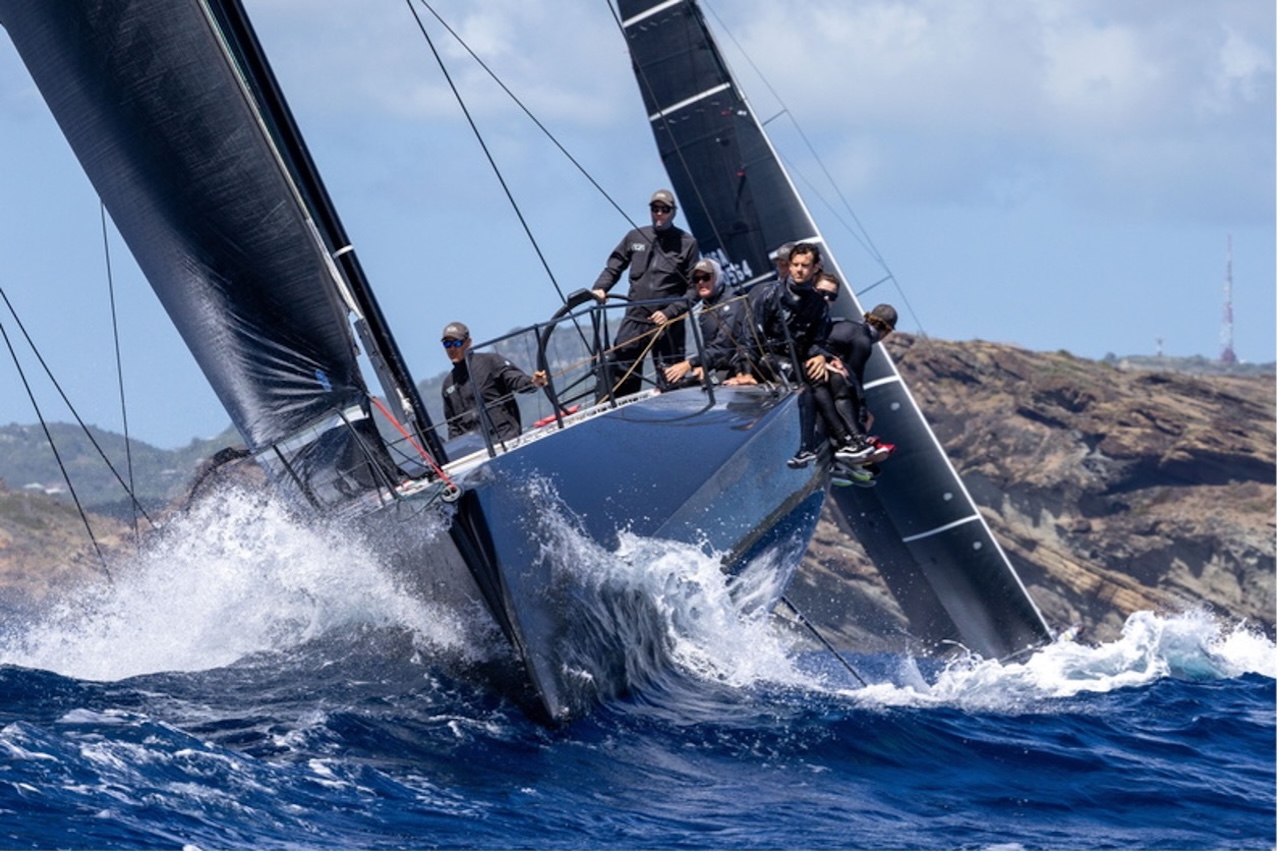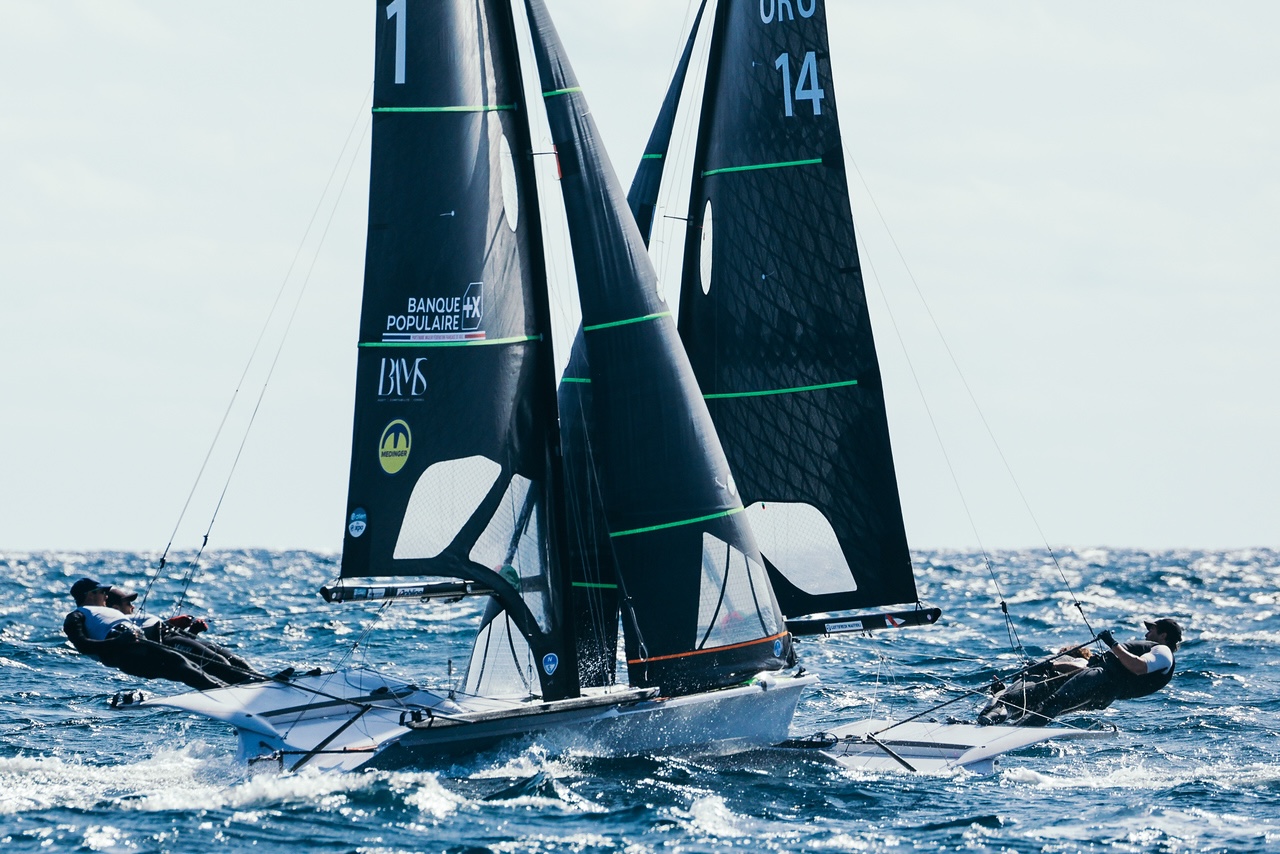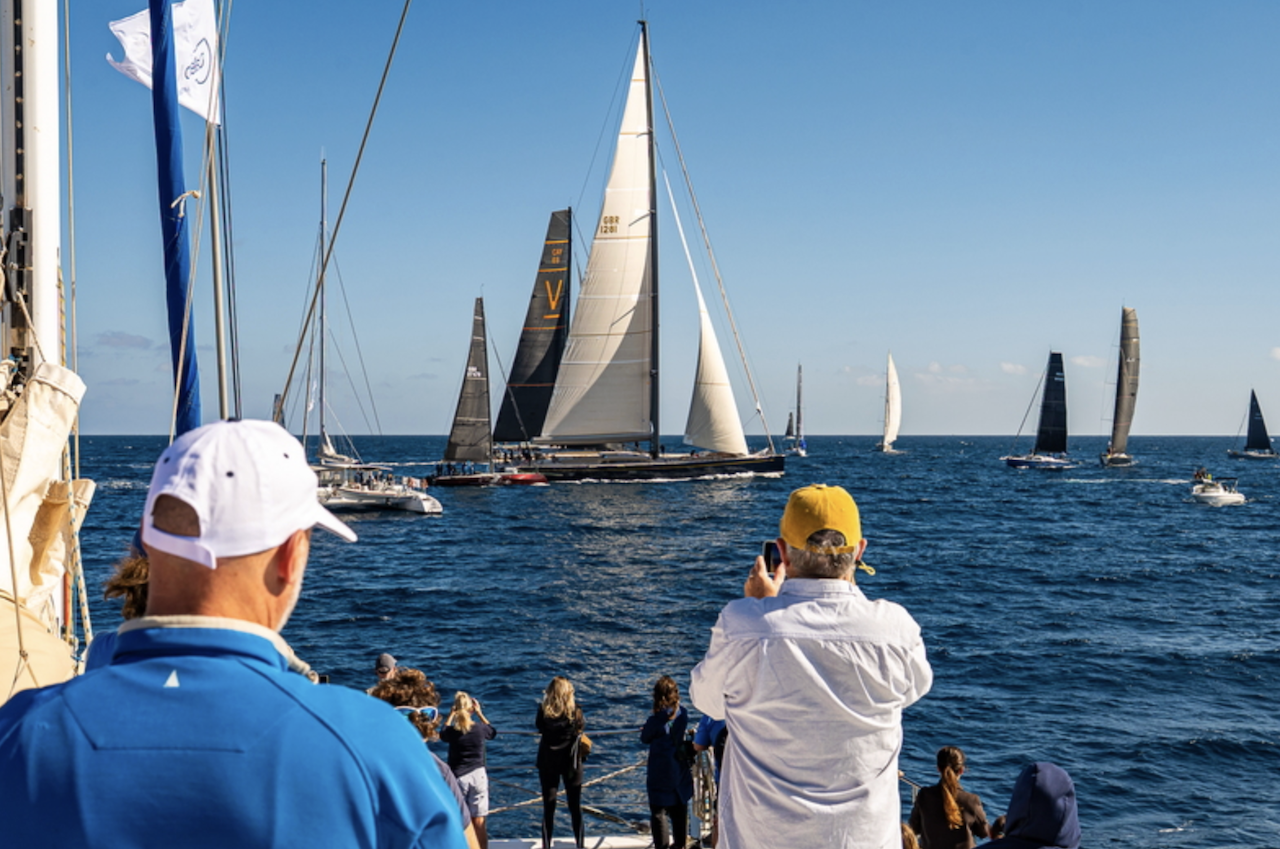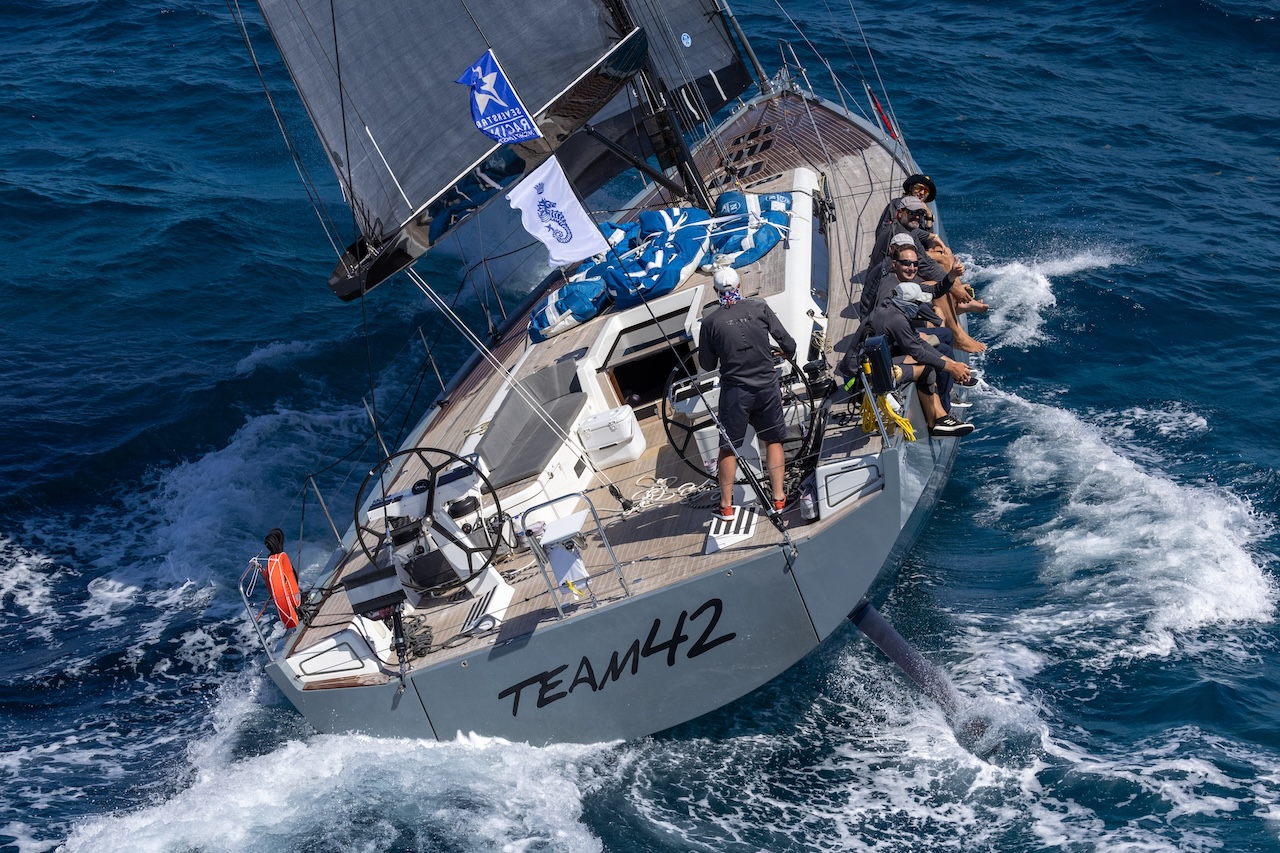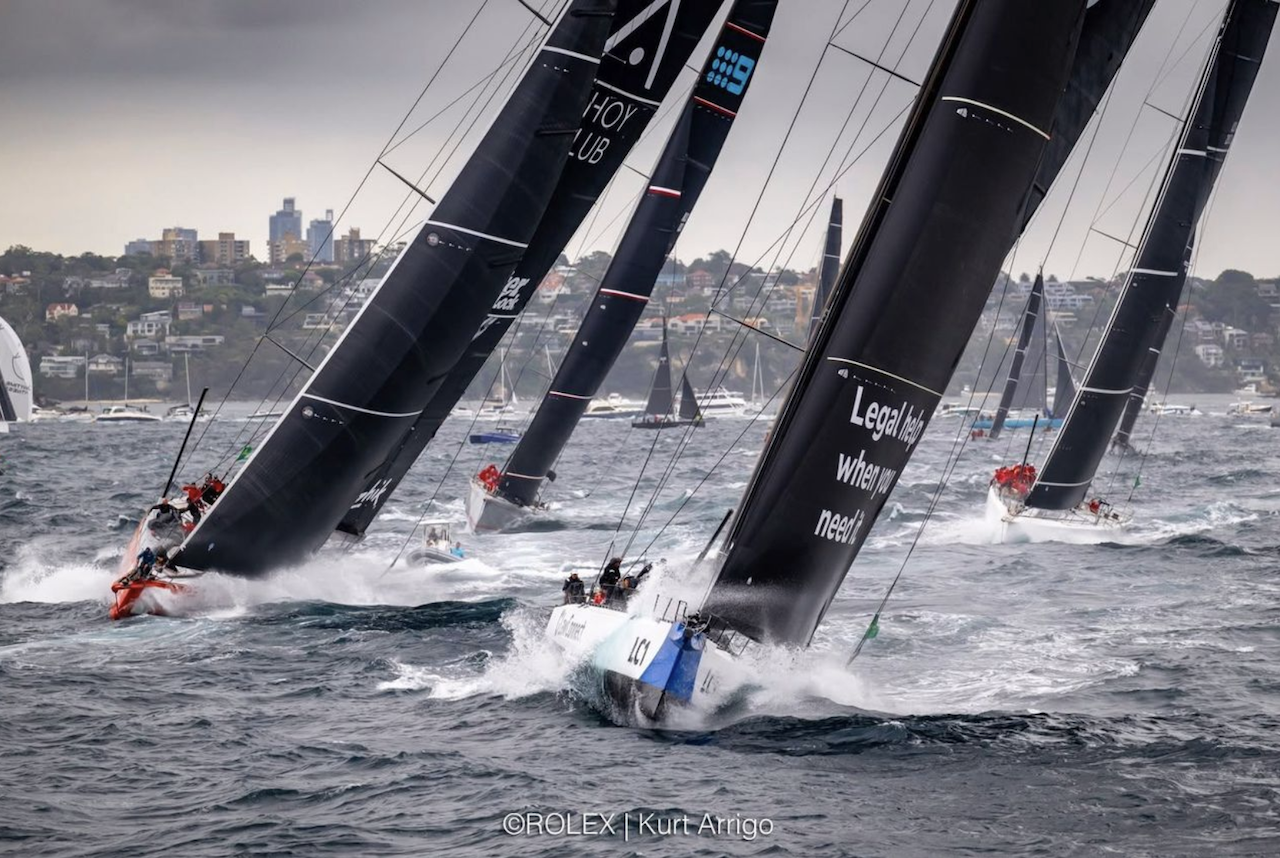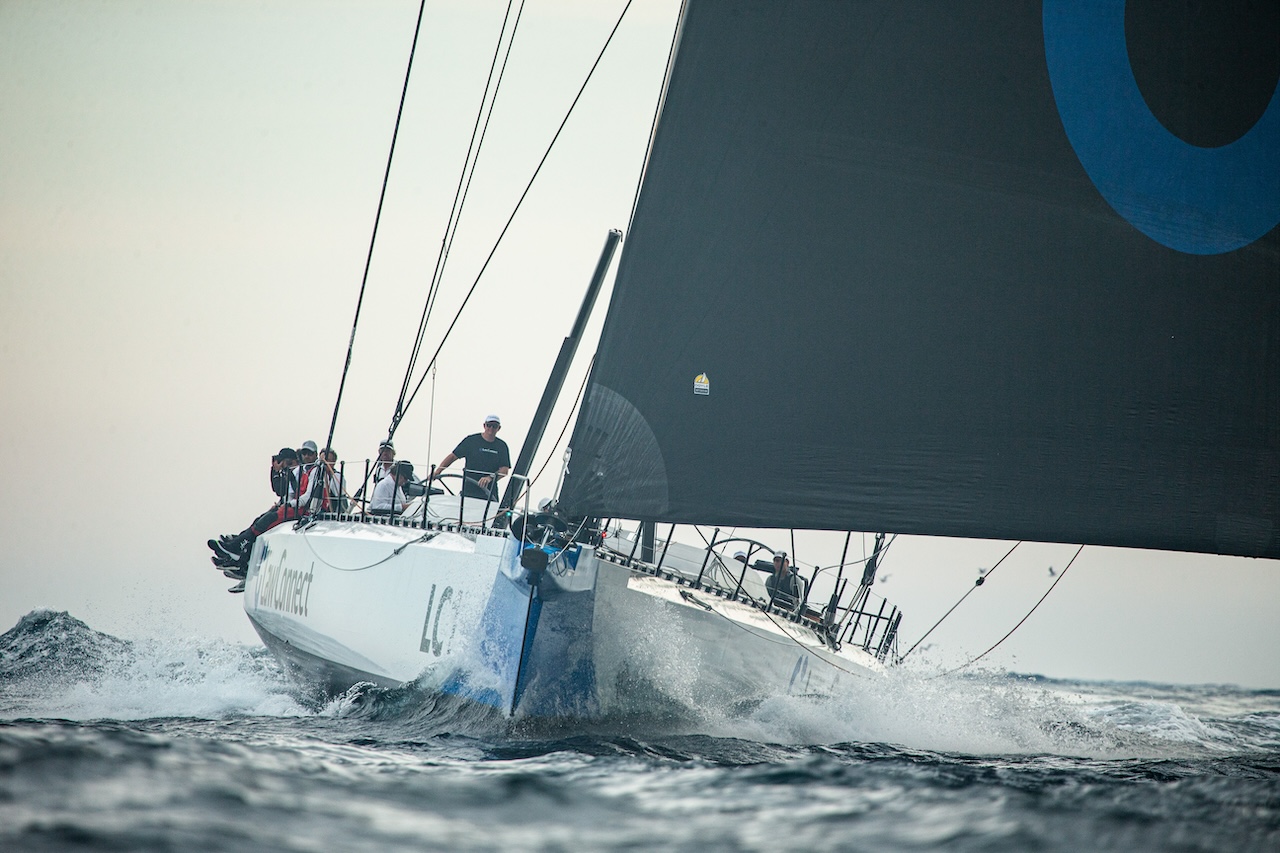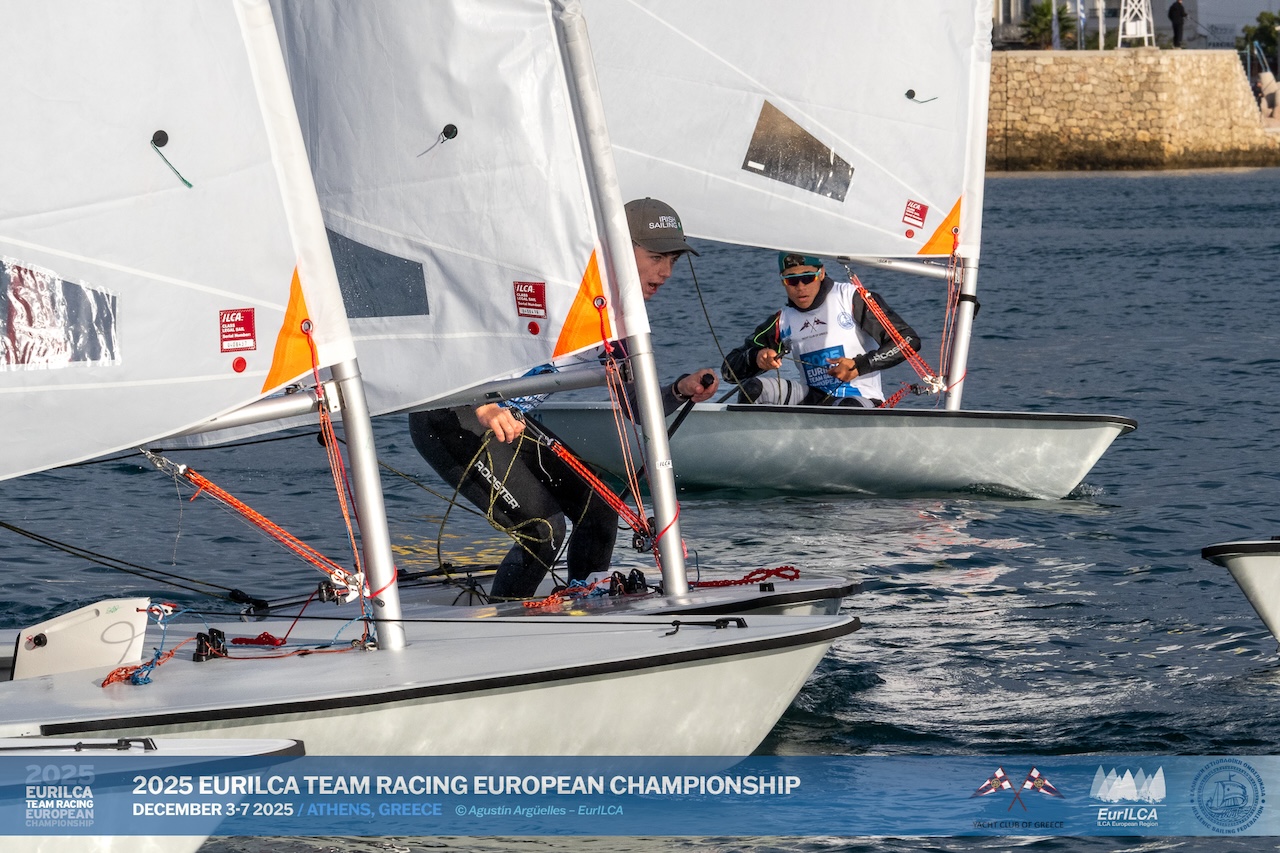It promises to be an eventful comeback for the Switzerland SailGP team, who are readying themselves to face their rivals this weekend. The setting? None other than the iconic Sydney Harbour, the third stop in the 2026 championship circuit. Known for its tight race boundaries, unpredictable breezes, and hearty close-quarters racing, Sydney Harbour is a dream and a nightmare for every sailor.
What sets this race apart, however, is an electrifying twist - the introduction of Golden Hour racing, where the fleet goes head-to-head against the stunning backdrop of the setting sun, from 5:30 to 7:00pm (AEDT) on both race days. This magic hour showdown is poised not only to ramp up spectacle but also maximise broadcast reach and partner exposure.
The sea is a fickle friend, ready to test the metal of the most seasoned sailors. Yet, the brave hearts of the Fireball Worlds Expressions of Interest Draw have shown no signs of backing down. Among this audacious bunch hailing from 13 diverse countries and sailing 56 eager boats, a UK team and a Czech sailor stand triumphant, each scoring a major win.


